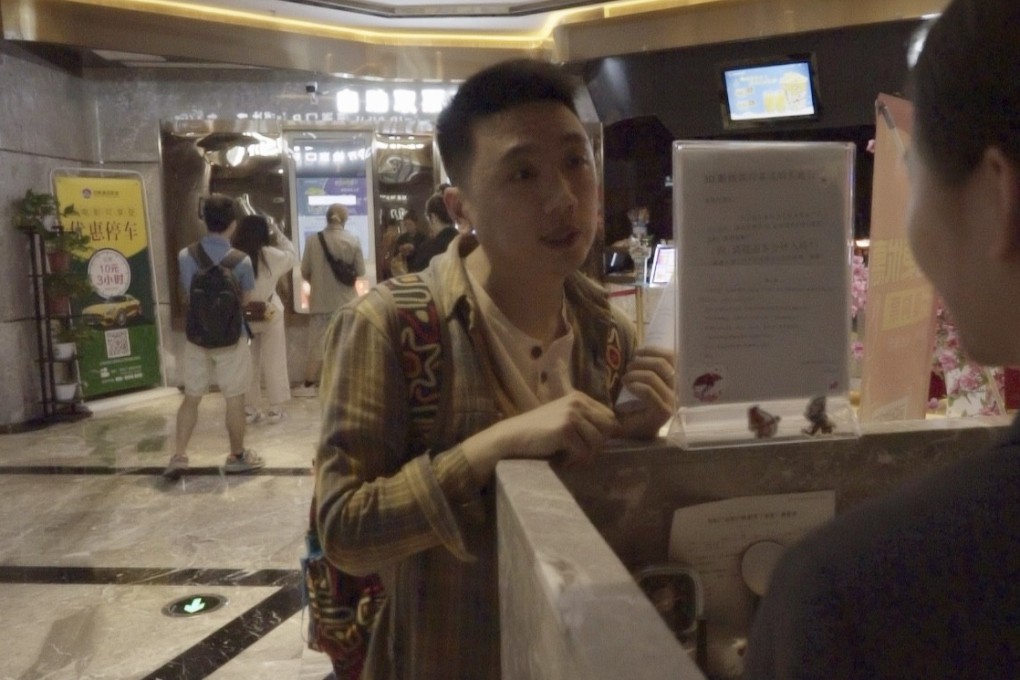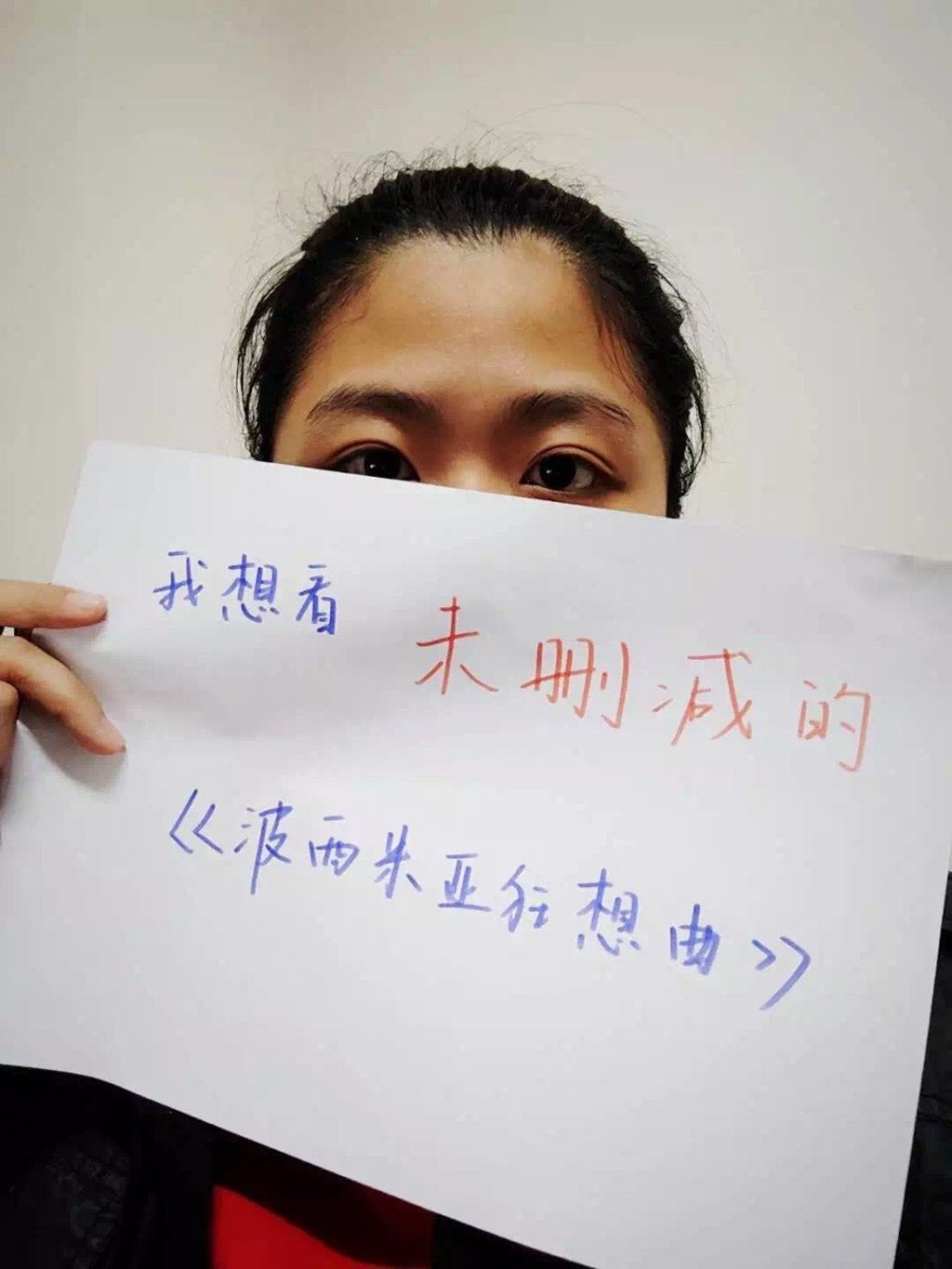Chinese gay rights activists out to challenge censored cut of Freddie Mercury movie Bohemian Rhapsody
- Campaigners say they find cinema-goers are baffled by edits to Bohemian Rhapsody
- Beijing activist writes to censor to ask for explanation of deleted scenes

Yanzi, founder of the Guangzhou-based LGBT Rights Advocacy of China group, this week asked Chinese film-goers what they thought about the censored version of Bohemian Rhapsody, the Hollywood movie about singer Freddie Mercury.
The Oscar-winning film arrived in Chinese cinemas on Friday, but 10 scenes and four minutes involving drug use and gay content were removed.
“I think film-goers deserve to see a complete artwork,” Yanzi said. “Furthermore, I wanted to get to know the audience’s opinion; could they really not accept a movie with gay content?”
He printed a flier listing the 10 scenes that were cut, including one with the Queen singer kissing his boyfriend, Mercury’s “coming out”, and the music video for the 1984 single, I Want To Break Free, where the band members performed in drag.
The film fans Yanzi spoke to were generally accepting of gay content. A straight couple told him they thought cutting the scenes was unnecessary and said that if censors worried about children seeing such behaviour, then they needed to think about rating Chinese movies.
